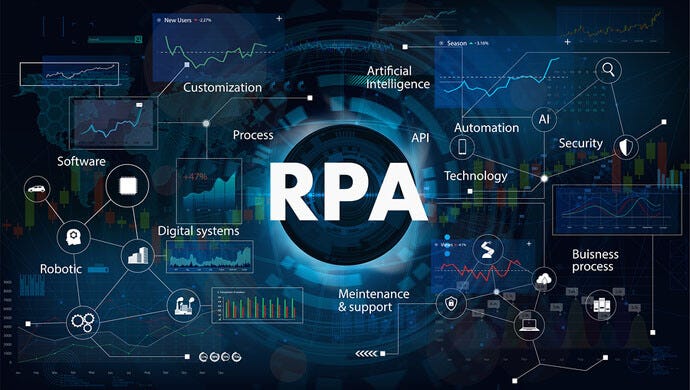Home » Technology & Innovation

AI, GenAI (Generative AI), and RPA (Robotic Process Automation) are revolutionizing healthcare by automating routine processes, analyzing large datasets, and offering personalized patient care solutions. AI enables predictive analytics for better clinical decision-making and patient outcomes, while GenAI can assist in generating new medical insights and treatment plans. RPA automates administrative tasks like appointment scheduling, claims processing, and billing, reducing errors and improving operational efficiency. These technologies are transforming the healthcare landscape by increasing speed, reducing costs, and enhancing the quality of care provided to patients. The future of healthcare is increasingly reliant on these innovative technologies.


OptiRev Solutions optimizes healthcare RCM and payer services with innovation, automation, and 25 years of expertise, improving financial outcomes globally.
Copyright © 2025 Optirev Solutions PVT LTD By Digju.com All Rights Reserved.